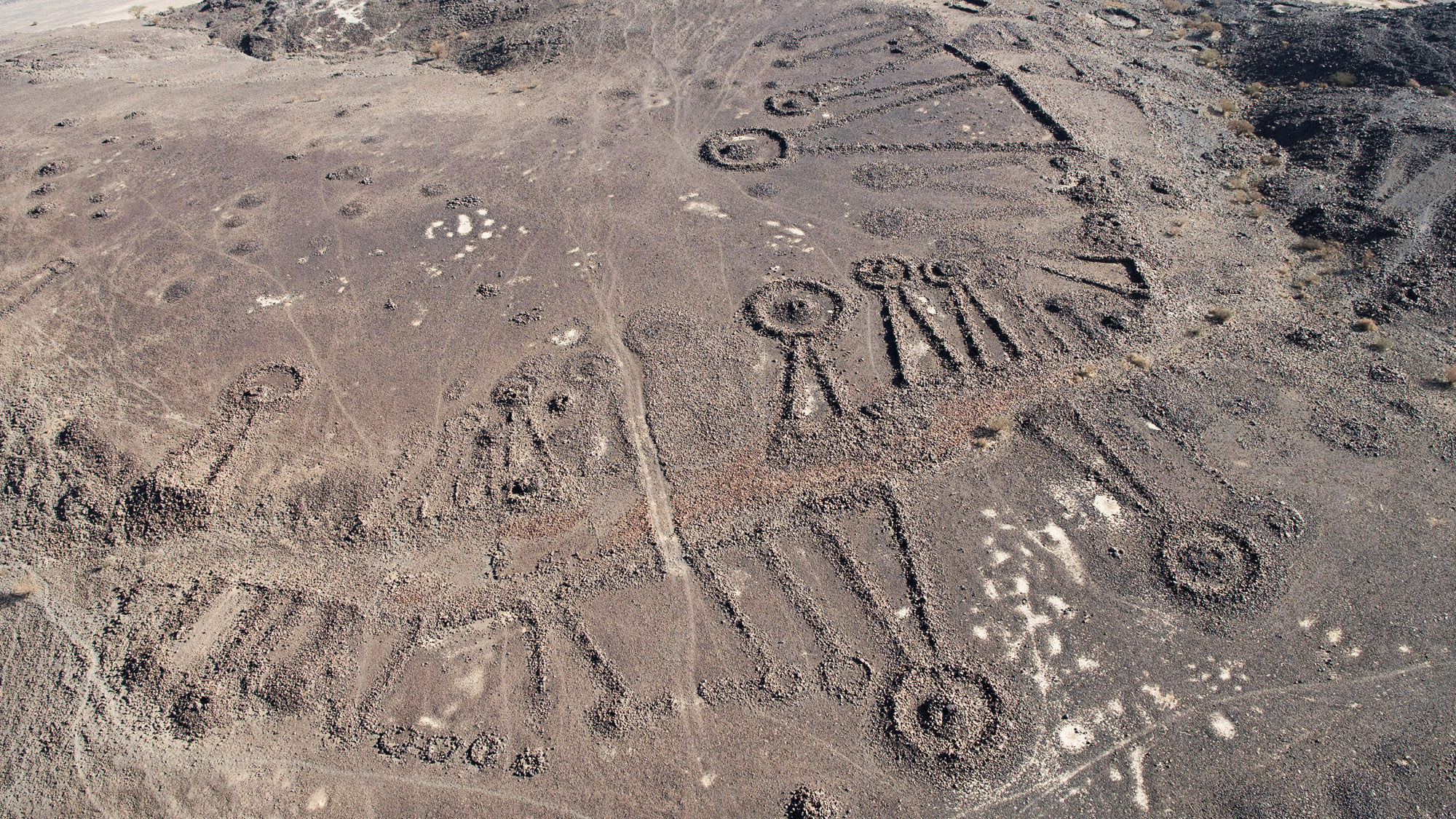
Saudi Arabia has commenced significant steps toward the development of renewable energy projects totaling 4,500 megawatts (MW) as part of its broader vision to diversify its energy resources and reduce its dependence on fossil fuels. This move aligns with the Kingdom’s ambitions under the Saudi Vision 2030 framework, which aims to enhance the sustainability of its energy sector while fostering economic growth and environmental responsibility.
The Saudi Ministry of Energy has outlined plans for several large-scale solar and wind energy projects. This initiative is crucial for meeting the Kingdom’s ambitious target of generating 50% of its energy from renewable sources by 2030. With abundant solar radiation and favorable wind conditions, Saudi Arabia is well-positioned to harness these natural resources effectively.
Key players in the global energy market have been invited to participate in this initiative, which will include both domestic and international firms. The call for proposals highlights the Kingdom’s commitment to attracting foreign investment and expertise in renewable technologies, creating an environment conducive to innovation and collaboration.
As part of the project, various regions in Saudi Arabia have been identified for potential solar farms and wind turbines. The targeted sites are strategically located to maximize energy generation while minimizing environmental impact. The Ministry of Energy aims to ensure that these developments comply with international sustainability standards, reflecting the Kingdom’s commitment to responsible energy practices.
In the wake of these developments, the Saudi government has established partnerships with several global renewable energy companies. These collaborations are expected to bring advanced technologies and best practices to the Kingdom, enhancing local capabilities and expertise in renewable energy generation. By leveraging international knowledge, Saudi Arabia seeks to build a robust infrastructure that supports its energy transition.
The Kingdom’s focus on renewable energy is also linked to its efforts to reduce carbon emissions and address climate change challenges. With the growing global emphasis on sustainability, Saudi Arabia’s initiatives reflect a significant shift in its energy policy. The government has pledged to invest heavily in renewable projects, aiming to create thousands of jobs in the sector while promoting economic diversification.
In addition to solar and wind projects, the Kingdom is exploring other renewable energy sources, including hydrogen production. As part of its strategic vision, Saudi Arabia aims to become a leading player in the hydrogen market, capitalizing on its vast natural resources to produce green hydrogen for both domestic use and export.
Analysts view this push towards renewable energy as a pivotal moment for the Kingdom, marking a departure from its historical reliance on oil. The global energy landscape is rapidly evolving, with a growing emphasis on sustainability and carbon-neutral technologies. By investing in renewable energy, Saudi Arabia is positioning itself to remain competitive in a changing market.
Industry experts have highlighted that the success of these initiatives will depend on several factors, including technological advancements, regulatory frameworks, and the ability to attract foreign investment. Continuous dialogue with stakeholders, including local communities, will also be essential to ensure that projects are socially accepted and beneficial.
Local firms have already started to engage in renewable energy initiatives, with several companies announcing plans to develop solar projects in partnership with international experts. These collaborations signal a growing commitment from the private sector to support the Kingdom’s energy transition, paving the way for innovative solutions and sustainable practices.
Despite the ambitious targets, challenges remain. Transitioning to a renewable energy-based economy requires significant investment and infrastructure development. The Kingdom must also navigate various logistical and operational hurdles, ensuring that projects are delivered on time and within budget.
The renewable energy initiatives are part of Saudi Arabia’s broader economic reform agenda, which aims to reduce the economy’s reliance on oil revenues and create a more diversified economic landscape. By focusing on sustainability, the Kingdom seeks to attract investments in various sectors, including technology, tourism, and entertainment, further contributing to its economic diversification goals.
Public sentiment towards renewable energy is gradually shifting in the Kingdom. Awareness of climate change and the importance of sustainable practices is increasing, driven by both local advocacy groups and international pressure. As a result, there is a growing demand for cleaner energy options among the populace.
The Saudi government’s commitment to transparency and accountability in its renewable energy projects is also noteworthy. By publishing regular updates and engaging with stakeholders, the Ministry of Energy aims to build trust and ensure that the public is informed about the progress of these initiatives.
International reactions to Saudi Arabia’s renewable energy push have been generally positive. Many countries view the Kingdom’s transition as a significant step towards addressing global energy challenges. Collaboration with other nations on renewable energy projects could pave the way for enhanced diplomatic relations and shared technological advancements.



